23andMe DNA Testing Kit for Health + Ancestry - 23andMe (original) (raw)
FDA AUTHORIZED REPORTS INCLUDED
60% off
Health plus Ancestry Service
Original Price: $199
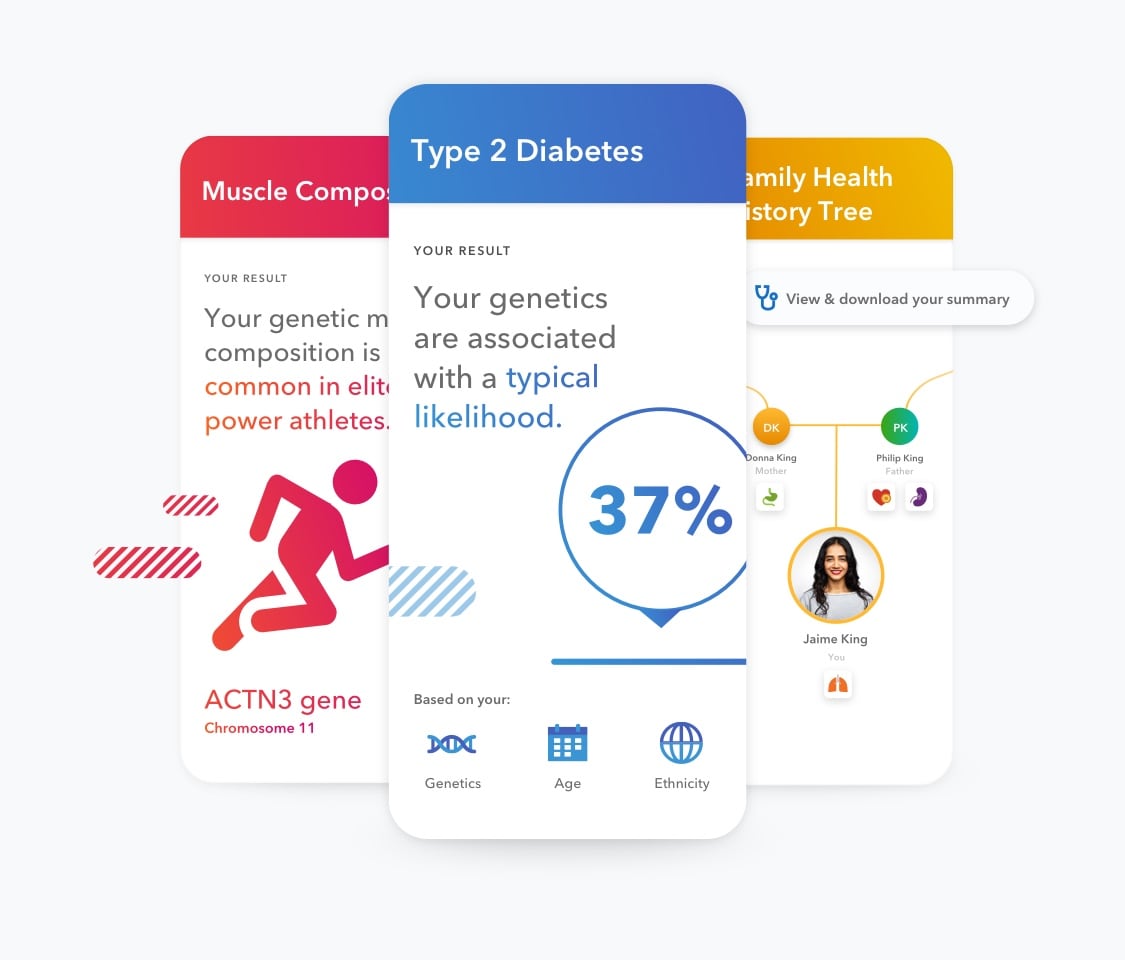
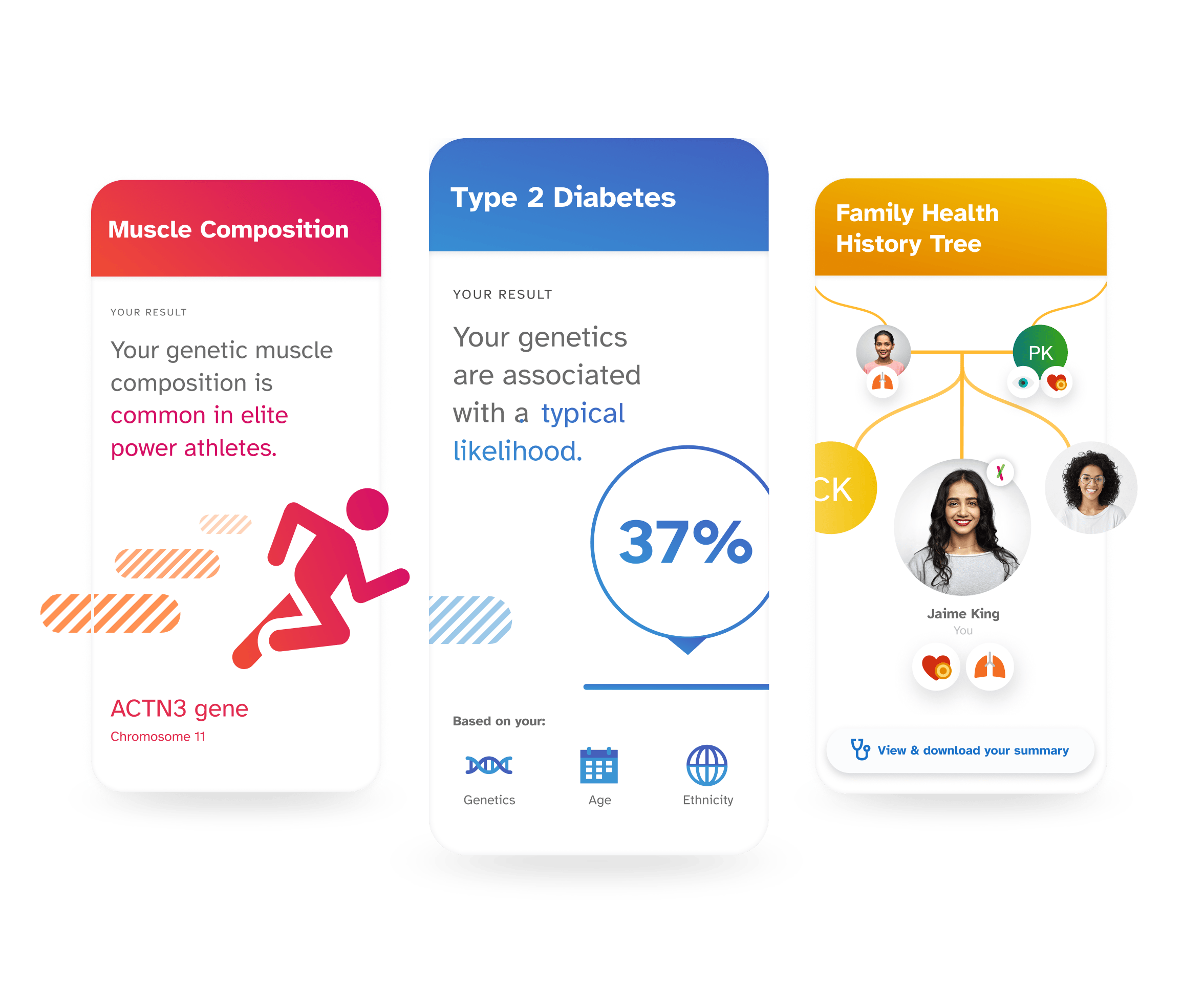
FDA AUTHORIZED REPORTS INCLUDED
60% off
Health plus Ancestry Service
Original Price: $199
Get personalized genetic insights and tools that can help make it easier for you to take action on your health.
- 150+ personalized reports
- Includes Ancestry Service
- Includes FDA-authorized reports
- FSA/HSA eligibility◆Learn about Important Information for FSA/HSA Reimbursement
Discover how your DNA can influence your health.
Using insights backed by the latest science, see how your DNA can affect your chances of developing certain health conditions. Your personalized reports break down your genetic data, the science and potential next steps.
10+ reports, including:
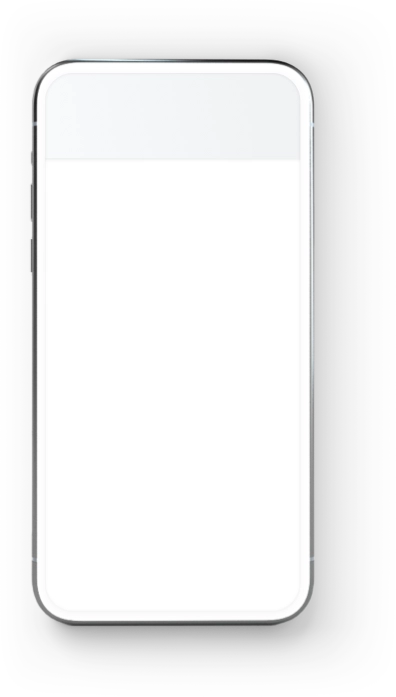
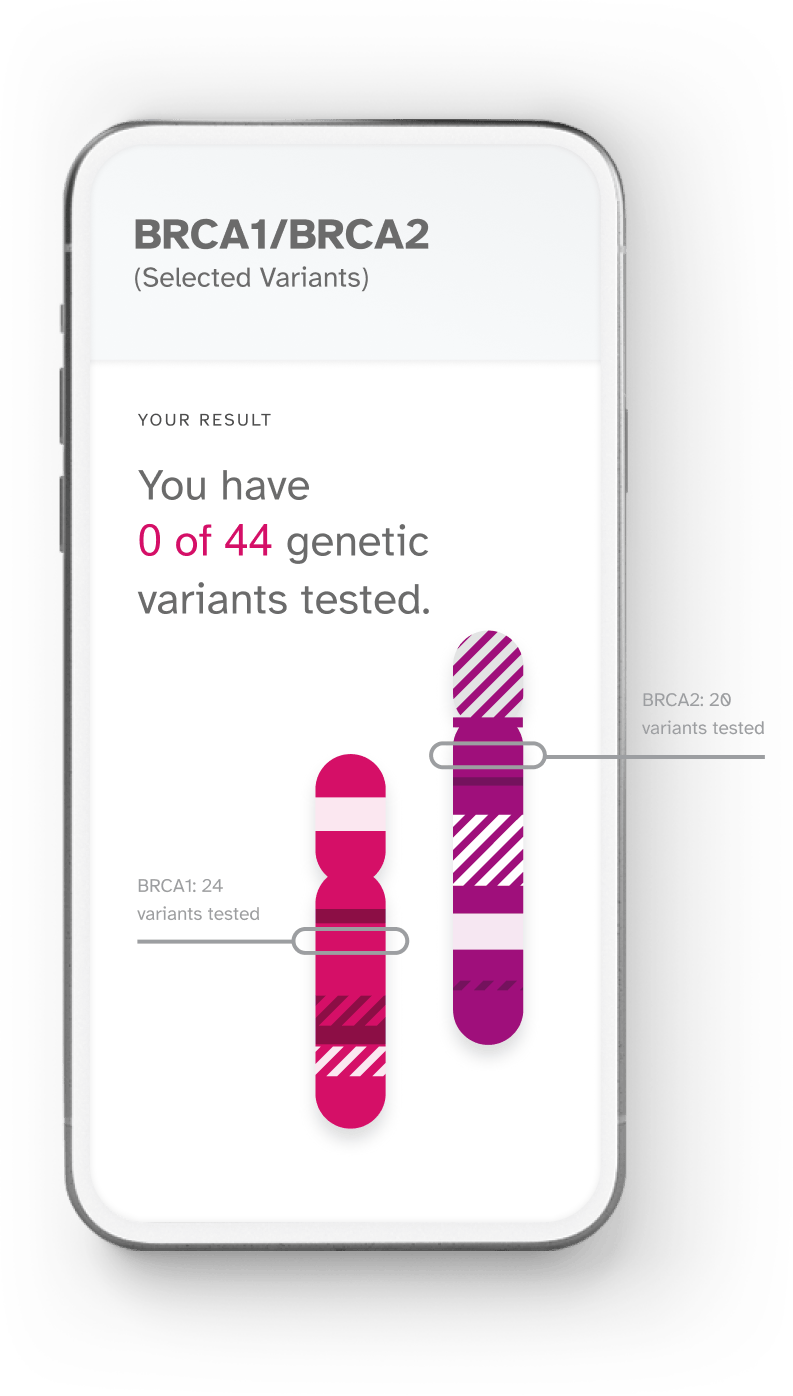
Wellness
Explore how your DNA relates to your lifestyle.
Discover what your DNA has to say about lifestyle factors like diet, exercise, and sleep. Use what you've learned to help you make informed decisions.
5+ reports, including:

See what you may pass on to your future children.
If you’re thinking of starting a family, find out if you’re a carrier for genetic variants linked to certain inherited health conditions.
45+ reports, including:

Check out the reports and insights included in our Health plus Ancestry Service.
Ancestry Detail Reports (48 reports)
Family Tree
Maternal Haplogroup
Paternal Haplogroup
Neanderthal Ancestry
Ability to Match Musical Pitch
Asparagus Odor Detection
Back Hair (available for men only)
Bald Spot (available for men only)
Bitter Taste
Bunions
Cheek Dimples
Cilantro Taste Aversion
Cleft Chin
Dandruff
Earlobe Type
Early Hair Loss (available for men only)
Earwax Type
Eye Color
Fear of Heights
Fear of Public Speaking
Finger Length Ratio
Flat Feet
Freckles
Hair Photobleaching (hair lightening from the sun)
Hair Texture
Hair Thickness
Ice Cream Flavor Preference
Light or Dark Hair
Misophonia (hatred of the sound of chewing)
Mosquito Bite Frequency
Motion Sickness
Newborn Hair
Photic Sneeze Reflex
Red Hair
Skin Pigmentation
Stretch Marks
Sweet vs. Salty
Toe Length Ratio
Unibrow
Wake-Up Time
Widow's Peak
Type 2 Diabetes (Powered by 23andMe Research)
Genetic likelihood for a disorder of blood sugar regulation
1,000+ variants in many genes; variants found in many ethnicitiesAge-Related Macular Degeneration
Genetic risk for a form of adult-onset vision loss
2
variant
s
in the
ARMS2 and CFH
gene
s
; relevant for European descentAlpha-1 Antitrypsin Deficiency
Genetic risk for lung and liver disease
2
variant
s
in the
SERPINA1
gene
; relevant for European descentBRCA1/BRCA2 (Selected Variants)
Genetic risk based on a limited set of variants for breast, ovarian, prostate and pancreatic cancer
44
variants in the
BRCA1 and BRCA2
genes; most relevant for Ashkenazi Jewish descent; does not include the majority of BRCA1/2 variants found in people of other ethnicitiesCeliac Disease
Genetic risk for gluten-related autoimmune disorder
2
variants near the
HLA-DQB1 and HLA-DQA1
genes; relevant for
European
decentChronic Kidney Disease (APOL1-Related)
Genetic risk for a form of chronic kidney disease
2
variant
s
in the
APOL1
gene
; relevant for African descentFamilial Hypercholesterolemia
Genetic risk for very high cholesterol, which can increase the risk for heart disease
24
variant
s
in the
LDLR and APOB
gene
s
; relevant for European, Lebanese, Old Order Amish descentG6PD Deficiency
Genetic risk for a form of anemia
2
variant
s
in the
G6PD
gene
; relevant for African, Southern European, Kurdish Jewish, Middle Eastern, Central Asian, South Asian descentHereditary Amyloidosis (TTR-Related)
Genetic risk for a form of nerve and heart damage
3
variant
s
in the
TTR
gene
; relevant for African American, West African, Portuguese, Brazilian, Northern Swedish, Japanese, Irish, British descentHereditary Hemochromatosis (HFE‑Related)
Genetic risk for iron overload
2
variant
s
in the
HFE
gene
; relevant for European descentHereditary Thrombophilia
Genetic risk for harmful blood clots
2
variant
s
in the
F2 and F5
gene
s
; relevant for European descentLate-Onset Alzheimer's Disease
Genetic risk for a form of dementia
1
variant in the
APOE
gene; variant found and studied in many ethnicitiesMUTYH-Associated Polyposis
Genetic risk for a specific colorectal cancer syndrome
2
variant
s
in the
MUTYH
gene
; relevant for Northern European descentParkinson's Disease
Genetic risk for a form of movement impairment
2
variant
s
in the
LRRK2 and GBA
gene
s
; relevant for European, Ashkenazi Jewish, North African Berber descentARSACS
1
variant
in the
SACS
gene
; relevant for French Canadian descentAgenesis of the Corpus Callosum with Peripheral Neuropathy
1
variant
in the
SLC12A6
gene
; relevant for French Canadian descentAutosomal Recessive Polycystic Kidney Disease
3
variant
s
in the
PKHD1
geneBeta Thalassemia and Related Hemoglobinopathies
10
variant
s
in the
HBB
gene
; relevant for Sardinian, Cypriot, Italian/Sicilian, Greek descentBloom Syndrome
1
variant
in the
BLM
gene
; relevant for Ashkenazi Jewish descentCanavan Disease
3
variant
s
in the
ASPA
gene
; relevant for Ashkenazi Jewish descentCongenital Disorder of Glycosylation Type 1a (PMM2-CDG)
2
variant
s
in the
PMM2
gene
; relevant for Ashkenazi Jewish, Danish descentCystic Fibrosis
29
variant
s
in the
CFTR
gene
; relevant for Ashkenazi Jewish, European, Hispanic/Latino descentD-Bifunctional Protein Deficiency
2
variant
s
in the
HSD17B4
geneDihydrolipoamide Dehydrogenase Deficiency
1
variant
in the
DLD
gene
; relevant for Ashkenazi Jewish descentFamilial Dysautonomia
1
variant
in the
ELP1
gene
; relevant for Ashkenazi Jewish descentFamilial Hyperinsulinism (ABCC8-Related)
3
variant
s
in the
ABCC8
gene
; relevant for Ashkenazi Jewish descentFamilial Mediterranean Fever
7
variant
s
in the
MEFV
gene
; relevant for Arab, Armenian, Sephardic Jewish, Turkish descentFanconi Anemia Group C
3
variant
s
in the
FANCC
gene
; relevant for Ashkenazi Jewish descentGRACILE Syndrome
1
variant
in the
BCS1L
gene
; relevant for Finnish descentGaucher Disease Type 1
3
variant
s
in the
GBA (also known as GBA1)
gene
; relevant for Ashkenazi Jewish descentGlycogen Storage Disease Type Ia
1
variant
in the
G6PC
gene
; relevant for Ashkenazi Jewish descentGlycogen Storage Disease Type Ib
2
variant
s
in the
SLC37A4
geneHereditary Fructose Intolerance
4
variant
s
in the
ALDOB
gene
; relevant for European descentLeigh Syndrome, French Canadian Type
1
variant
in the
LRPPRC
gene
; relevant for French Canadian descentLimb-Girdle Muscular Dystrophy Type 2D
1
variant
in the
SGCA
geneLimb-Girdle Muscular Dystrophy Type 2E
1
variant
in the
SGCB
gene
; relevant for Amish descentLimb-Girdle Muscular Dystrophy Type 2I
1
variant
in the
FKRP
geneMCAD Deficiency
4
variant
s
in the
ACADM
gene
; relevant for European descentMaple Syrup Urine Disease Type 1B
2
variant
s
in the
BCKDHB
gene
; relevant for Ashkenazi Jewish descentMucolipidosis Type IV
1
variant
in the
MCOLN1
gene
; relevant for Ashkenazi Jewish descentNeuronal Ceroid Lipofuscinosis (CLN5-Related)
1
variant
in the
CLN5
gene
; relevant for Finnish descentNeuronal Ceroid Lipofuscinosis (PPT1-Related)
3
variant
s
in the
PPT1
gene
; relevant for Finnish descentNiemann-Pick Disease Type A
3
variant
s
in the
SMPD1
gene
; relevant for Ashkenazi Jewish descentNijmegen Breakage Syndrome
1
variant
in the
NBN
geneNonsyndromic Hearing Loss and Deafness, DFNB1 (GJB2-Related)
8
variant
s
in the
GJB2
gene
; relevant for many ethnicities, including Ashkenazi Jewish, East/Southeast Asian, European, and Ghanaian descent. May also be relevant for Hispanic/Latino, Northern African/Middle Eastern, and South Asian descentPendred Syndrome and DFNB4 Hearing Loss (SLC26A4-Related)
6
variant
s
in the
SLC26A4
genePhenylketonuria and Related Disorders
23
variant
s
in the
PAH
gene
; relevant for Irish, Northern European descentPompe Disease
5
variant
s
in the
GAA
gene
; relevant for African/African American descent; variants also common in European descentPrimary Hyperoxaluria Type 2
1
variant
in the
GRHPR
genePyruvate Kinase Deficiency
1
variant
in the
PKLR
geneRhizomelic Chondrodysplasia Punctata Type 1
1
variant
in the
PEX7
geneSalla Disease
1
variant
in the
SLC17A5
gene
; relevant for Finnish, Swedish descentSevere Junctional Epidermolysis Bullosa (LAMB3-Related)
3
variant
s
in the
LAMB3
geneSickle Cell Anemia
1
variant
in the
HBB
gene
; relevant for African, Middle Eastern, South Asian, Caribbean, Mediterranean, Central and South American descentSjögren-Larsson Syndrome
1
variant
in the
ALDH3A2
gene
; relevant for Swedish descentTay-Sachs Disease
4
variant
s
in the
HEXA
gene
; relevant for Ashkenazi Jewish, Cajun descentTyrosinemia Type I
4
variant
s
in the
FAH
gene
; relevant for French Canadian, Finnish descentUsher Syndrome Type 1F
1
variant
in the
PCDH15
gene
; relevant for Ashkenazi Jewish descentUsher Syndrome Type 3A
1
variant
in the
CLRN1
gene
; relevant for Ashkenazi Jewish descentZellweger Spectrum Disorder (PEX1-Related)
1
variant
in the
PEX1
geneAlcohol Flush Reaction
Caffeine Consumption
Deep Sleep
Genetic Weight
Lactose Intolerance
Muscle Composition
Saturated Fat and Weight
Sleep Movement
Select first service to compare
Select second service to compare
| Feature | Ancestry Service | Health plus Ancestry Service |
|---|---|---|
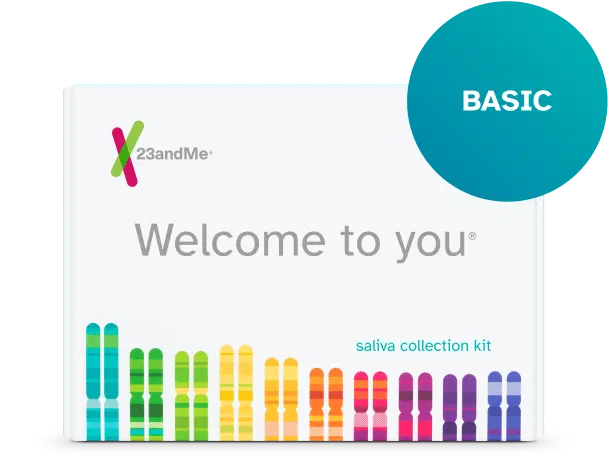 Original Price: 119SalePrice:119 Sale Price: 119SalePrice:69Add to cart-ancestry Original Price: 119SalePrice:119 Sale Price: 119SalePrice:69Add to cart-ancestry |
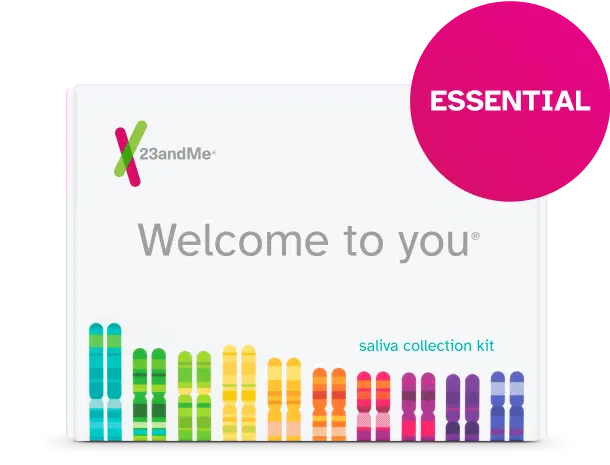 Original Price: 199SalePrice:199 Sale Price: 199SalePrice:79Add to cart-healthImportant test info Original Price: 199SalePrice:199 Sale Price: 199SalePrice:79Add to cart-healthImportant test info |
|
| Genotyping reportsGenotyping examines DNA variants at certain pre-identified positions in the genome. The specific variants we look at generally provide coverage of commonly known variations across the entire genome. | 80+ | 150+ |
| Exome Sequencing ReportsΔLearn about Important Information for Total healthExome sequencing is an advanced genetic testing technique that focuses on decoding the exome of an individual's genome. The exome represents the protein-coding regions of genes, which make up only about 2% of the entire genome but contain the majority of genetic variants associated with disease risk. | ||
| Ancestry and Trait Reports | ||
| DNA Relative Finder and Family Tree (Opt in) | ||
| Health Predisposition reports*Learn about Considerations and Limitations for Health Predispositions Reports, Carrier Status Reports and Genetic Health RisksLearn how your genetics can influence your chances of developing certain health conditions. | 10+ | |
| Carrier Status reports*Learn about Considerations and Limitations for Health Predispositions Reports, Carrier Status Reports and Genetic Health RisksIf you are starting a family, find out if you are a carrier for certain inherited conditions. | ||
| Wellness reportsLearn how your genes play a role in your well-being and lifestyle choices. | 5+ | |
| Family Health History TreeOpt in to easily input, track and download your family health history to share with your healthcare provider. | ||
| Pharmacogenetics reports**Learn about Considerations and Limitations for Pharmacogenetics ReportsDiscover how your DNA may impact how your body processes certain medications with three new Pharmacogenetics reports. | ||
| Enhanced ancestry featuresGet advanced filtering for DNA Relative Finder and access up to 5000 DNA relatives. | ||
| Historical MatchesSMUncover your historical and ancient relatives, linking you to the past. | ||
| Just AddedRecords & ArchivesSMLearn more about your family’s history with the help of historical documents. | ||
| Breast, Prostate and Colorectal Cancer reportsInsights into your genetic likelihood of developing breast (females only), prostate (males only) and colorectal (certain ethnicities) cancer.all Powered by 23andMe Research | ||
| Health TracksSMSee how making healthy choices each day can greatly impact your health over time | ||
| Health Action PlanPersonalized and ongoing recommendations based on genetic and non-genetic data. | ||
| Ongoing new reports and featuresGet access to new premium reports and features throughout the year. | ||
| Blood TestingΔLearn about Important Information for Total healthEligible participants may order in-person blood testing initiated by a clinician and get results in the 23andMe app. | Add-on purchase | |
| Just AddedBiological AgeMonitor how your body is aging physiologically based on key biomarkers and change the trajectory of your health. | ||
| Genetics-informed clinical careΔLearn about Important Information for Total healthAccess to clinicians with training in genetics. Includes unlimited direct messaging, plus a dedicated virtual consultation annually. |
Customer Stories
Putting insights into action
As more and more people choose DNA testing for health reasons, they’re sharing more and more inspiring stories. These are just a few of the stories of 23andMe Health + Ancestry customers who used what they learned from their DNA to take a more proactive approach to their health.
Customer Reviews
Don’t take our word for it...
Wendy's review
Tennessee, USA
Health plus Ancestry Customer
“Thank you so much for giving me the info that has saved my life. The 23andMe discovery of the two Hereditary Hemochromatosis variants that I have has helped fix my health issues and probably saved me from further damage to my joints and organs. I can’t thank you enough!”
23andMe offers a variety of health reports like Type 2 Diabetes (Powered by 23andMe Research), Celiac Disease Genetic Health Risk Report*Learn about Considerations and Limitations for Health Predispositions Reports, Carrier Status Reports and Genetic Health Risks, BRCA1/BRCA2 (Selected Variants) Genetic Health Risk Report*Learn about Considerations and Limitations for Health Predispositions Reports, Carrier Status Reports and Genetic Health Risks and many more. to see a list of all the reports offered.
Your 23andMe Health reports can tell you how your DNA can impact your chances of developing certain conditions. Wellness reports can help you discover what your DNA has to say about lifestyle factors like diet, exercise, and sleep. And if you're thinking of starting a family, our Carrier Status reports can tell you if you're a carrier for genetic variants linked to certain inherited health conditions.*Learn about Considerations and Limitations for Health Predispositions Reports, Carrier Status Reports and Genetic Health Risks
No, 23andMe reports do not diagnose any health conditions or provide medical advice. While having a particular genetic variant can be linked to a higher risk for a condition, it does not necessarily mean you will develop the condition. It is also important to remember that these reports do not cover all possible genetic variants that could influence risk. Other non-genetic factors, such as environment and lifestyle, can also influence risk for these conditions. We recommend that you consult with a healthcare professional if a condition runs in your family, you think you might have the condition or you have questions about any genetic or non-genetic risk factors you may have.
Stay in the know.
Keep up-to-date with new discoveries and exclusive promotions on our DNA testing kits and services.
*The 23andMe PGS test includes health predisposition and carrier status reports. Health predisposition reports include both reports that meet FDA requirements for genetic health risks and reports which are based on 23andMe research and have not been reviewed by the FDA. The test uses qualitative genotyping to detect select clinically relevant variants in the genomic DNA of adults from saliva for the purpose of reporting and interpreting genetic health risks and reporting carrier status. It is not intended to diagnose any disease. Your ethnicity may affect the relevance of each report and how your genetic health risk results are interpreted. Each genetic health risk report describes if a person has variants associated with a higher risk of developing a disease, but does not describe a person’s overall risk of developing the disease. The test is not intended to tell you anything about your current state of health, or to be used to make medical decisions, including whether or not you should take a medication, how much of a medication you should take, or determine any treatment. Our carrier status reports can be used to determine carrier status, but cannot determine if you have two copies of any genetic variant. These carrier reports are not intended to tell you anything about your risk for developing a disease in the future, the health of your fetus, or your newborn child's risk of developing a particular disease later in life. For certain conditions, we provide a single report that includes information on both carrier status and genetic health risk. Warnings & Limitations: The 23andMe PGS Genetic Health Risk Report for BRCA1/BRCA2 (Selected Variants) is indicated for reporting of 44 variants in the BRCA1 and BRCA2 genes. The report describes if a person's genetic result is associated with an increased risk of developing breast cancer and ovarian cancer and may be associated with an increased risk for prostate cancer, pancreatic cancer, and potentially other cancers. The variants included in this report do not represent the majority of the BRCA1/BRCA2 variants in people of most ethnicities. This report does not include variants in other genes linked to hereditary cancers and the absence of variants included in this report does not rule out the presence of other genetic variants that may impact cancer risk. This report is for over-the-counter use by adults over the age of 18, and provides genetic information to inform discussions with a healthcare professional. The PGS test is not a substitute for visits to a healthcare professional for recommended screenings or appropriate follow-up. Results should be confirmed in a clinical setting before taking any medical action. For important information and limitations regarding each genetic health risk and carrier status report, visit 23andme.com/test-info/
**23andMe PGS Pharmacogenetics reports: The 23andMe test uses qualitative genotyping to detect 3 variants in the CYP2C19 gene, 2 variants in the DPYD gene and 1 variant in the SLCO1B1 gene in the genomic DNA of adults from saliva for the purpose of reporting and interpreting information about the processing of certain therapeutics to inform discussions with a healthcare professional. It does not describe if a person will or will not respond to a particular therapeutic. Our CYP2C19 Pharmacogenetics report provides certain information about variants associated with metabolism of some therapeutics and provides interpretive drug information regarding the potential effect of citalopram and clopidogrel therapy. Our SLCO1B1 Pharmacogenetics report provides certain information about variants associated with the processing of some therapeutics and provides interpretive drug information regarding the potential effect of simvastatin therapy. Our DPYD Pharmacogenetics report does not describe the association between detected variants and any specific therapeutic. Results for DPYD and certain CYP2C19 results should be confirmed by an independent genetic test prescribed by your own healthcare provider before taking any medical action. Warning: Test information should not be used to start, stop, or change any course of treatment and does not test for all possible variants that may affect metabolism or protein function. The PGS test is not a substitute for visits to a healthcare professional. Making changes to your current regimen can lead to harmful side effects or reduced intended benefits of your medication, therefore consult with your healthcare professional before taking any medical action. For important information and limitations regarding Pharmacogenetic reports, visit 23andme.com/test-info/pharmacogenetics/
triangleExome Sequencing and blood testing services are available to eligible customers upon completion of the intake questionnaire that must be reviewed, approved and ordered by a third-party clinician. Exome Sequencing is analyzed by a CLIA- and CAP-accredited laboratory. Blood testing is completed by Quest Diagnostics. All telehealth services are provided in accordance with the Telehealth Terms and Consent to Telehealth.
diamondBased on purchase price of $199. Check with your FSA/HSA administrator or your tax professional for confirmation on the specific requirements for individual eligibility and reimbursement, including usage, procedures and qualifications.